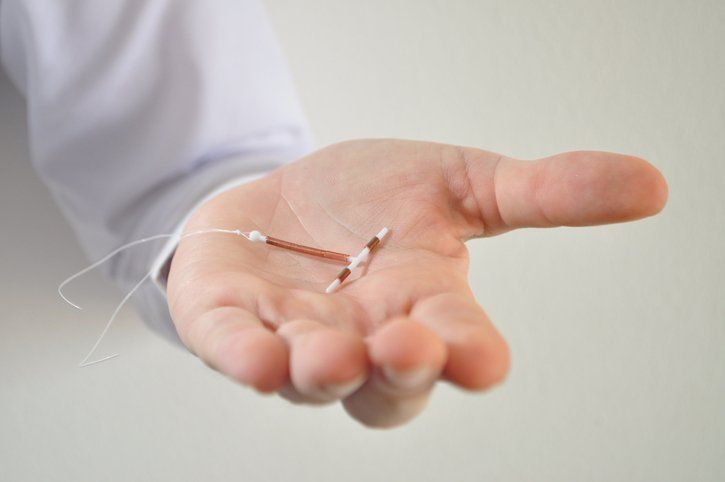5 Tips to Help You Prepare for Pregnancy
- By admin
- •
- 29 Jan, 2020
- •

Most women who want to have children try to plan for when they will have children, and part of your plan can include getting your own body ready for the demands of pregnancy and childbirth. You can still have a healthy pregnancy without extensive preparation, but many women have a more positive pregnancy experience if they are able to prepare in advance.
Follow these tips to help prepare yourself for pregnancy if you hope to conceive soon.
1. Reach a Healthy Weight
Weight gain is normal and usually encouraged during pregnancy. However, if you are already overweight, weight gain can sometimes be an extra burden on you during a time when your body is already more physically stressed.
Overweight and obese mothers can experience more complications during pregnancy. Common troubles that result include:
- Gestational diabetes. Some pregnant women have a hard time regulating their blood sugar. Gestational diabetes goes away after birth, but it can affect fetal development. The most common side-effect of gestational diabetes is a larger baby who struggles to regulate their own blood sugar after birth.
- Premature birth. Overweight mothers are more likely to go into labor early, which can be dangerous for the baby.
- Trouble sleeping. Sleep apnea can develop during pregnancy, making it harder for you to get necessary rest.
- Preeclampsia. This condition, which is characterized by high blood pressure and organ damage, affects new mothers most often and it is most common in women who are overweight or obese.
Reaching a healthy weight before conceiving can help you control your weight better after you become pregnant. If you become pregnant before reaching your goal, your OBGYN can help you develop a plan for healthy eating and reduced weight gain during pregnancy.
2. Take Prenatal Vitamins
Your body requires extra nutrients when it is working hard to grow a baby. The baby takes vitamins and minerals from your diet and from your body's natural stores. Women who are pregnant commonly struggle to get enough nutrients just from the food they eat.
For example, a fetus requires calcium. If you don't eat enough calcium during pregnancy, you will actually use the calcium stored in your bones and teeth to support your own needs and the needs of the growing baby. Your bones weaken as a result. Taking a prenatal vitamin helps to protect you from deficiencies.
If you plan to conceive soon, you don't have to wait until the pregnancy test comes back positive before you begin taking prenatal vitamins. These vitamins provide enough extra nutrients for both you and your growing baby, including essentials like folic acid and vitamin D.
The needs of a growing baby are immediate, but a pregnancy test takes a few weeks before it will show up positive. If you're already taking vitamins, this period of growth time is covered.
3. Establish a Routine Pattern of Activity
In times past, pregnant mothers were not encouraged to do any sort of exercise. However, now medical professionals know that exercise is helpful for a healthy pregnancy. It can help preserve the strength of the mother, make labor easier, and prevent excessive weight gain.
However, the beginning of pregnancy is not the time to start a new workout program. Instead, try to establish a pattern of active living before pregnancy. You can then continue this pattern as your pregnancy begins.
You might decide to exercise in a way that you can maintain while pregnant. For example, you might join a water aerobics class or begin swimming, as both are great exercises that you can do throughout pregnancy.
4. Consider Your Birth Control Method
Finally, talk to your OBGYN about what birth control you use. Some forms of birth control, like the IUD, can be removed and you could become pregnant the next day. Others, like the pill or the shot, take time to wear off. If you plan for pregnancy, ask your OBGYN which birth control is best for your timeline.
For more information, contact Jack G. Faup M.D. to answer your questions about how to prepare for a healthy pregnancy.



